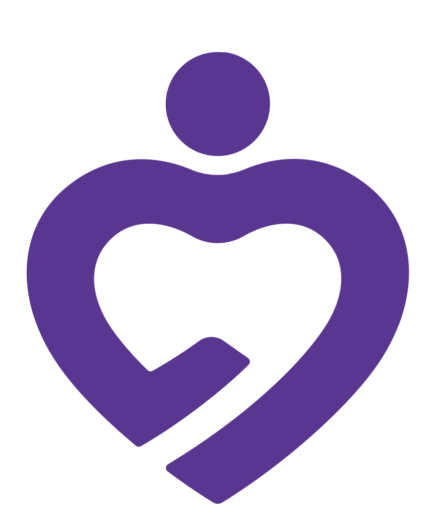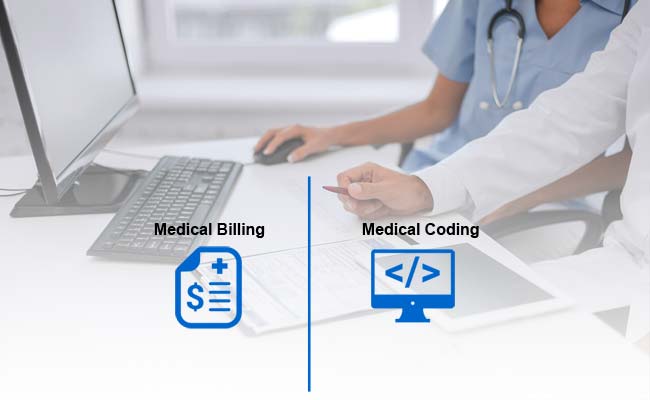Healthcare administration involves several intricate functions that play an integral part in assuring healthcare providers receive proper compensation: medical billing and coding. Both processes play an integral part of financial well-being of healthcare institutions but serve distinct roles. We’ll explore both processes here – their differences, similarities and role in healthcare industry.
Medical Billing: the Financial Backbone
Medical billing serves as the economic underpinning for healthcare facilities by connecting healthcare providers and insurance companies financially. This involves creating and submitting claims to both insurance providers or patients to secure payment for services provided. Here are the key aspects of medical billing:
- Patient Invoicing: One of the primary purposes of medical billing is sending invoices directly to patients for services rendered, whether that be for deductibles, co-pays or services not covered by their insurance.
- Insurance Claims: Medical billers specialize in creating and submitting insurance claims that comply with insurance requirements, providing accurate details regarding services provided and associated costs.
- Adherence to Regulations: Medical billers must remain current with healthcare regulations and compliance standards in order to ensure claims meet all criteria necessary for reimbursement.
- Reimbursement Negotiation: Sometimes medical billers need to negotiate with insurance companies in order to maximize reimbursement of healthcare services provided.
- Revenue Cycle Management: Healthcare facilities depend heavily on revenue cycle management to optimize cash flow and financial sustainability.
Medical Coding: the Language of Healthcare
Medical Coding refers to the practice of translating medical procedures, diagnoses, and equipment into universal alphanumeric codes used for accurate records keeping, streamline communication between physicians and hospitals, billing reimbursement processes, and reimbursement processes. Some key aspects of Medical Coding:
- ICD and CPT Codes: Medical coders use International Classification of Diseases (ICD) and Current Procedural Terminology (CPT) codes to accurately represent diagnoses and procedures.
- Accuracy Is Of Utmost Importance: Medical coding accuracy is of the utmost significance as it directly impacts reimbursement processes. An error could cause claim denials or delays in payments to be issued, thus having devastating implications.
- Communication Codes: These communication codes serve as a standardized way for healthcare providers, insurance companies and government agencies to interact, creating clarity in medical records and billing processes.
- Data Analysis: Medical codes play an integral part in healthcare data analysis, helping institutions to recognize trends, allocate resources effectively and plan for the future.
Let’s outline the main differences between medical billing and medical coding:
- Function: Medical billing encompasses all financial aspects of healthcare, from invoicing and claims submission through reimbursement. In contrast, medical coding involves translating medical information into universal codes for record-keeping and communication purposes.
- Skills: Medical billers need strong financial and negotiation abilities as well as an in-depth knowledge of insurance policies and regulations, while medical coders need extensive medical terminology knowledge, anatomy knowledge and coding guidelines.
- Timing: Billing usually occurs following a patient visit when the healthcare provider knows which services were rendered and their costs. Coding typically occurs either live during or shortly after patient interactions or encounters.
- Outcome: Medical billing’s goal is to create revenue through accurate reimbursement while medical coding’s goal is the creation of a standard record which facilitates efficient communication and billing processes.
Both medical billing and coding are integral parts of healthcare administration, yet serve distinct roles.
While billing focuses on financial matters, medical coding acts as the language between healthcare providers, insurers, regulators, and regulators – it provides clarity and precision in patient records.
Hence, understanding their differences is imperative to delivering quality healthcare while upholding sustainable financial structures.
Let’s delve deeper into the details of medical billing and coding to gain an in-depth knowledge of their role and significance in healthcare industry.
Symbiotic Relationship
Medical billing and coding serve different functions, yet have an intricate relationship that benefits both processes. Accuracy and efficiency impact each other, so here is how they work:
- Accuracy in Coding: Medical coders must accurately represent diagnoses and procedures when billing services provided to healthcare facilities, so as to avoid claim denials or underpayment due to mistakes in coding. Any mistakes could lead to claim denials or underpayment, potentially creating financial setbacks in healthcare.
- Claim Submission: Once medical coding is complete, its results are passed off to medical billing departments for use by billing specialists in generating claims on insurance companies or patients; using this coded data as the basis for creating claims will determine what amount needs to be billed.
- Insurance Reimbursement: Insurance companies use codes to evaluate claims and determine reimbursement amounts, so accurate coding plays an integral part in how much will be reimbursed to healthcare providers.
- Patient Invoicing: Any patient responsibilities such as deductibles and co-pays should be included on their invoice, while billing specialists ensure that this accurately reflects services rendered, through proper coding of services rendered.
- Revenue Tracking: Medical billing and coding can play an integral part in tracking revenue for healthcare institutions, helping to monitor financial health, identify trends, and make informed decisions that enhance operations.
Compliance and Regulations
Compliance in medical billing and coding operations is of utmost importance; both must abide by various rules and regulations to secure reimbursement from insurance and government sources, while coders need to remain aware of updates to coding systems such as ICD-9 to ICD-10 changes and transition.
Professionals from various fields can discover rewarding career opportunities in healthcare.
Medical billers and coders are in high demand as healthcare services expand and evolve; their positions offer stability with potential career growth.
In healthcare administration, medical billing and coding professionals often remain hidden behind the scenes; yet their roles are indispensable to the financial health and operational efficiency of healthcare facilities.
Success for these specialists lies in precision, compliance, and understanding the rapidly-evolving healthcare landscape.
Understanding the differences and synergies between medical billing and coding are integral for healthcare professionals, administrators, and those interested in entering this industry.
As medical procedures and insurance regulations continue to change, this function will remain essential in connecting the financial with administrative aspects of healthcare delivery.
Medical billing and coding form the backbone of healthcare finance ecosystem, ensuring healthcare providers receive proper compensation, patients are invoiced correctly and overall revenue cycles remain healthy for healthcare institutions. Accuracy in medical billing and coding processes is integral in upholding financial health while assuring patients receive high-quality care.

